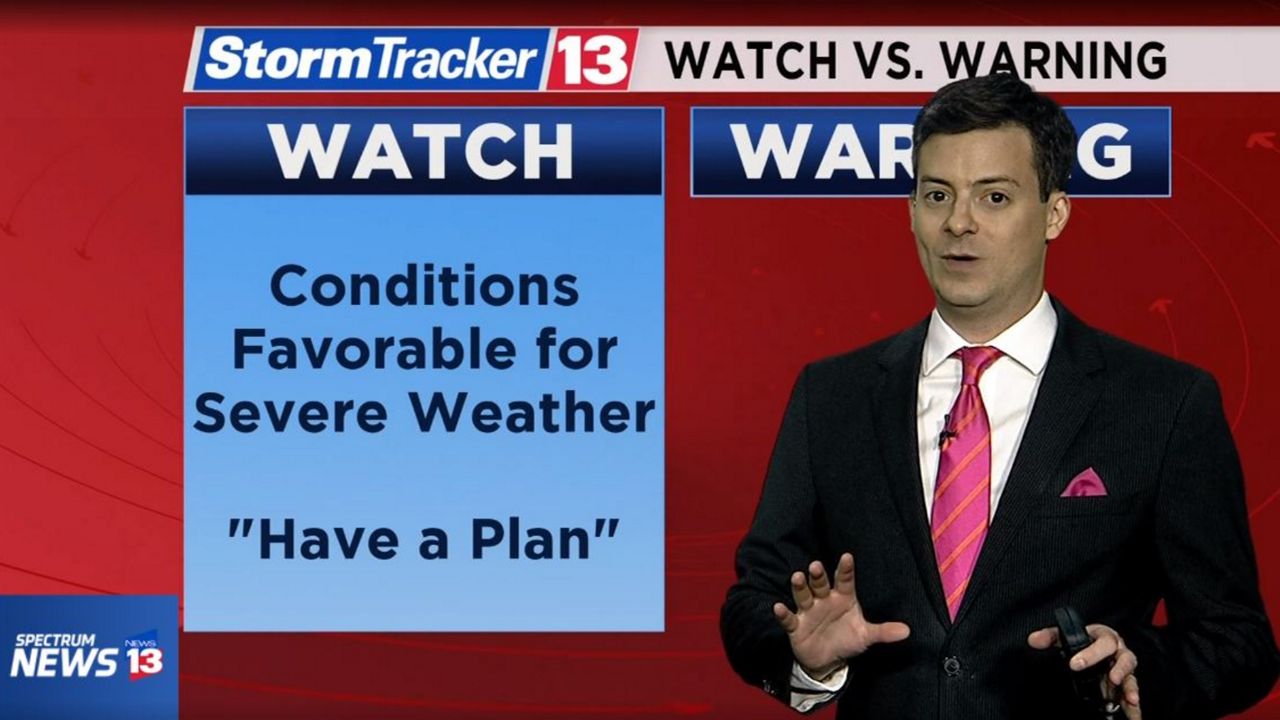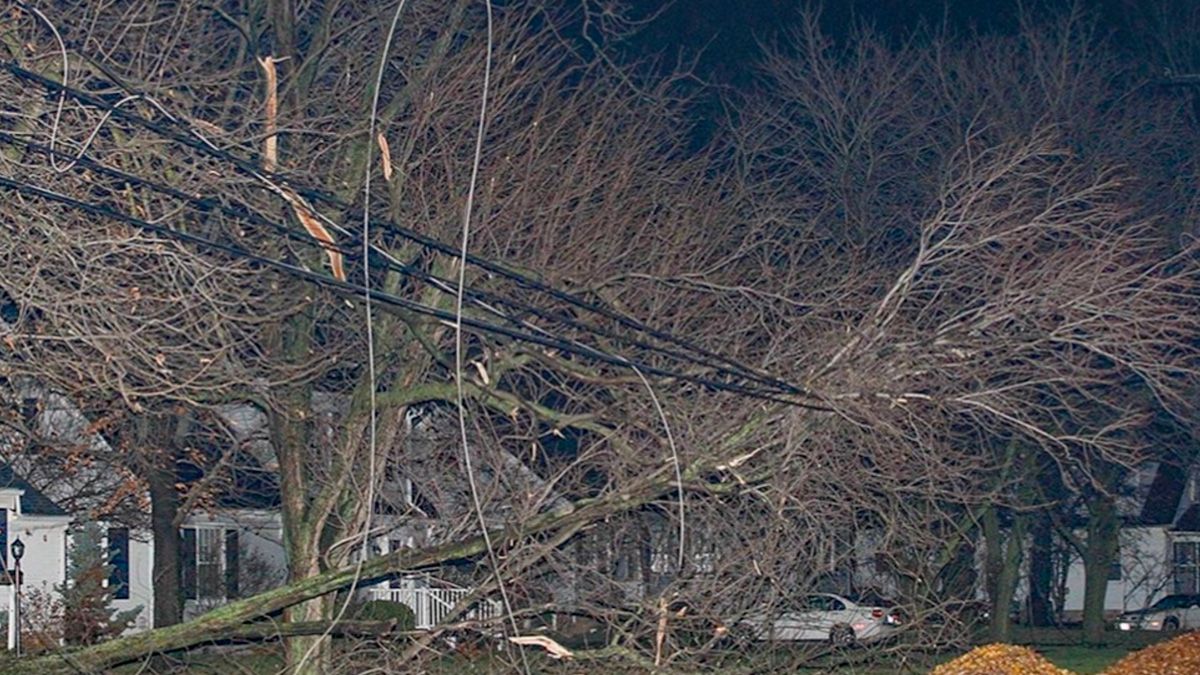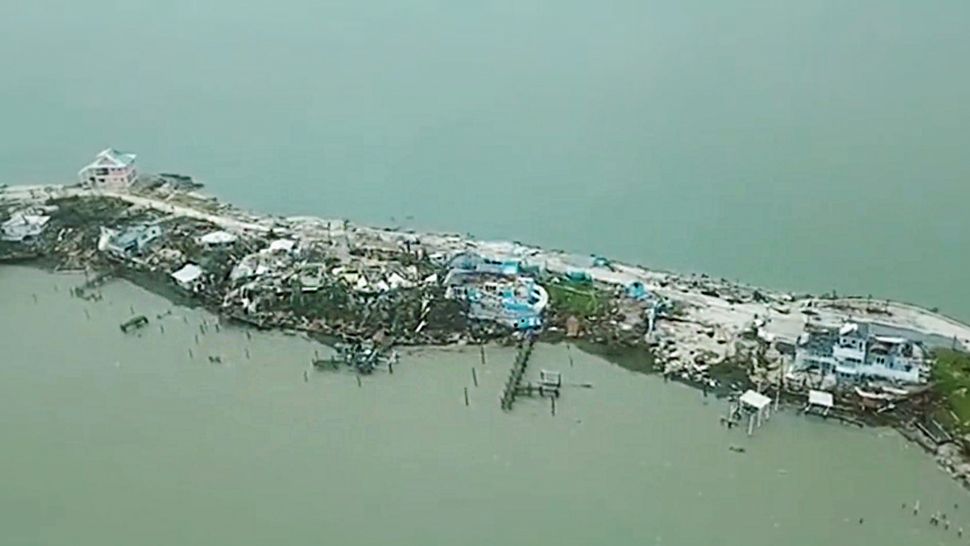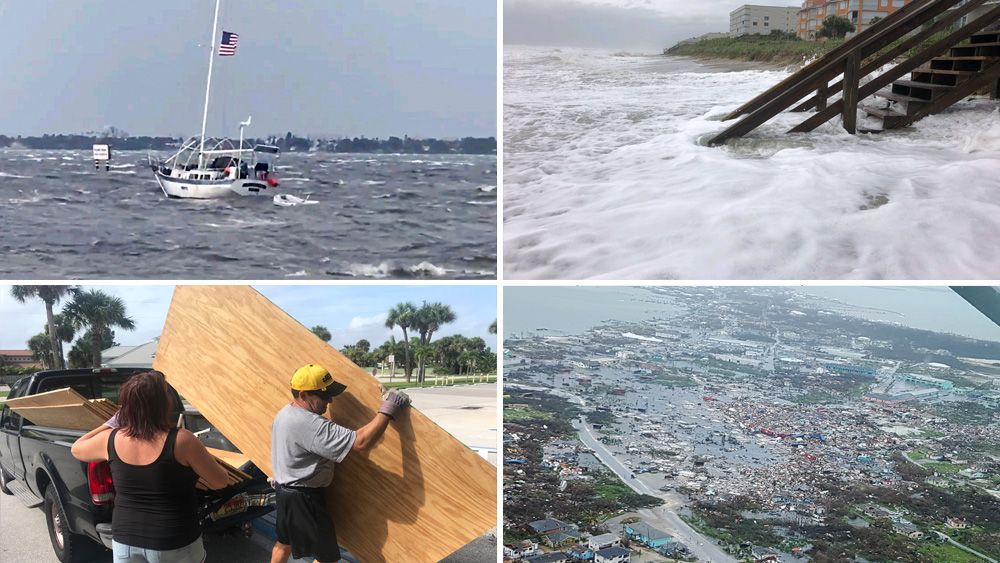ORLANDO, Fla. -- In the wake of Hurricane Irma -- the first major hurricane to hit the Central Florida region since 2004 -- problems linger.
- Central Florida preparing for hurricane season
- Large generators imperative, says rehab center
- Sen. Nelson advocates for permanent fuel reserves
- Utility companies learn from past
Conway Lakes Health and Rehab Center Administrator Brittney Dumont said that they lost power during the hurricane for a few days, but generators saved them.
“We could run the whole facility, and with the larger (generator), seven to ten days without power," she said.
The 120-bed, skilled nursing facility in Orlando, managed by Clear Choice Healthcare along with eight others in Florida, specializes in rehabilitation -- helping patients who have just had surgery return to their homes.
But their ancillary focus is ensuring residents are safe during severe weather events. Text alerts help families keep in touch with loved ones in the event of a power loss. And two generators, one of which rents for $7,000 per month, keeps the lights on and machines humming.
“With the acuity of our patients, say oxygen, we want to make sure they get that so the whole facility has to run," Dumont said.
In March, Gov. Rick Scott signed bills requiring nursing homes and assisted living facilities to have backup power generators after 12 residents died at a rehab facility in South Florida.
Now, Conway Lakes is investing in a bigger, permanent generator, which will cost thousands. The rehab facility is getting a permit now to build in coming months, adding that they are fully complying with the new mandate.
“We have to build a concrete pad and around that, concrete to make sure it’s protected from the outside elements," Dumont said. "We will do anything to make sure that they are taken care of."
Preventing fuel shortages
Meanwhile, in the days following Hurricane Irma, long lines circled gas stations as fuel shortages plagued the region.
It's an issue which Florida Sen. Bill Nelson (D) said is crucial to address, filing a bill to set up permanent fuel reserves on the east and west sides of the state.
“We’ll get FEMA to do it," he said. “We shouldn’t have to pass a bill -- it ought to be common sense. And this is what FEMA ought to be doing anyway.”
The bill was introduced and referred to committee in October, but it hasn't gone far. The senator, however, is confident it's an issue he can tackle.
“We will work it through and attach it to some vehicle, maybe an appropriations bill over the course of the summer," he said.
Restoring power
Another top concern post-Irma was power, or lack thereof. Throughout the region, utility crews scrambled to restore power.
“Duke Energy experienced some setbacks," admitted Ana Gibbs, the utility's spokesperson. “We know that our customers were very frustrated.”
Gibbs said that Duke's modeling failed, not properly predicting restoration time. Duke had trouble with its "backlot lines," difficult-to-reach spots in between homes, which took longer to repair. And its IT system that was "overwhelmed by outages."
Of the 1.8 million Duke customers in Florida, 1.3 million experienced outages during Irma. Gibbs said that much of the outages could be attributed to trees falling, with 80 percent of the utility's poles impacted by trees.
But according to Gibbs, the tide will be turning for customers, as the utility pours money into long-term fixes.
“Since Hurricane Irma, we have invested in that technology. We have also been able to stress test it, and be able to feel committed to our customers that it won’t happen again," she said.
Duke is investing in “self-healing” systems which reroute power; so far, 33 percent of customers have this, while Duke's goal is to have 80 percent.
In addition, Duke is putting wires underground and investing in “smart meters” for customers to work with their actual meter, according to Gibbs.
“Eventually we’ll have more than a thousand miles of line that we plan to put underground, but that’s literally just beginning," she said.
In all, an investment of $6 billion dollars in the next four years.
“We do believe that Duke Energy customers deserve better," Gibbs said.
“We basically turned our operations centers into mini-warehouses with food, laundry," explained Tim Trudell, with Orlando Utilities Commission.
OUC’s Trudell said that they, too, are looking at lessons learned during Irma, such as streamlining resources by snagging more, as well as creating huge staging areas for arriving crews.
“Maybe as they come into Central Florida, we’re on-boarding them, giving them fuel, making sure they go through their safety checks," Trudell said.
While 60 percent of their 250,000 OUC customers lost power, Trudell said that the utility was able to restore power to all customers within six days.
Smart meters that “talk” to their main computer system, alerting the company of outages -- that, according to Trudell, “probably shaved a day or two off the total restoration time.”
“I can confidently say that the Orlando Utilities Commission is extremely prepared for whatever comes our way," he said.









